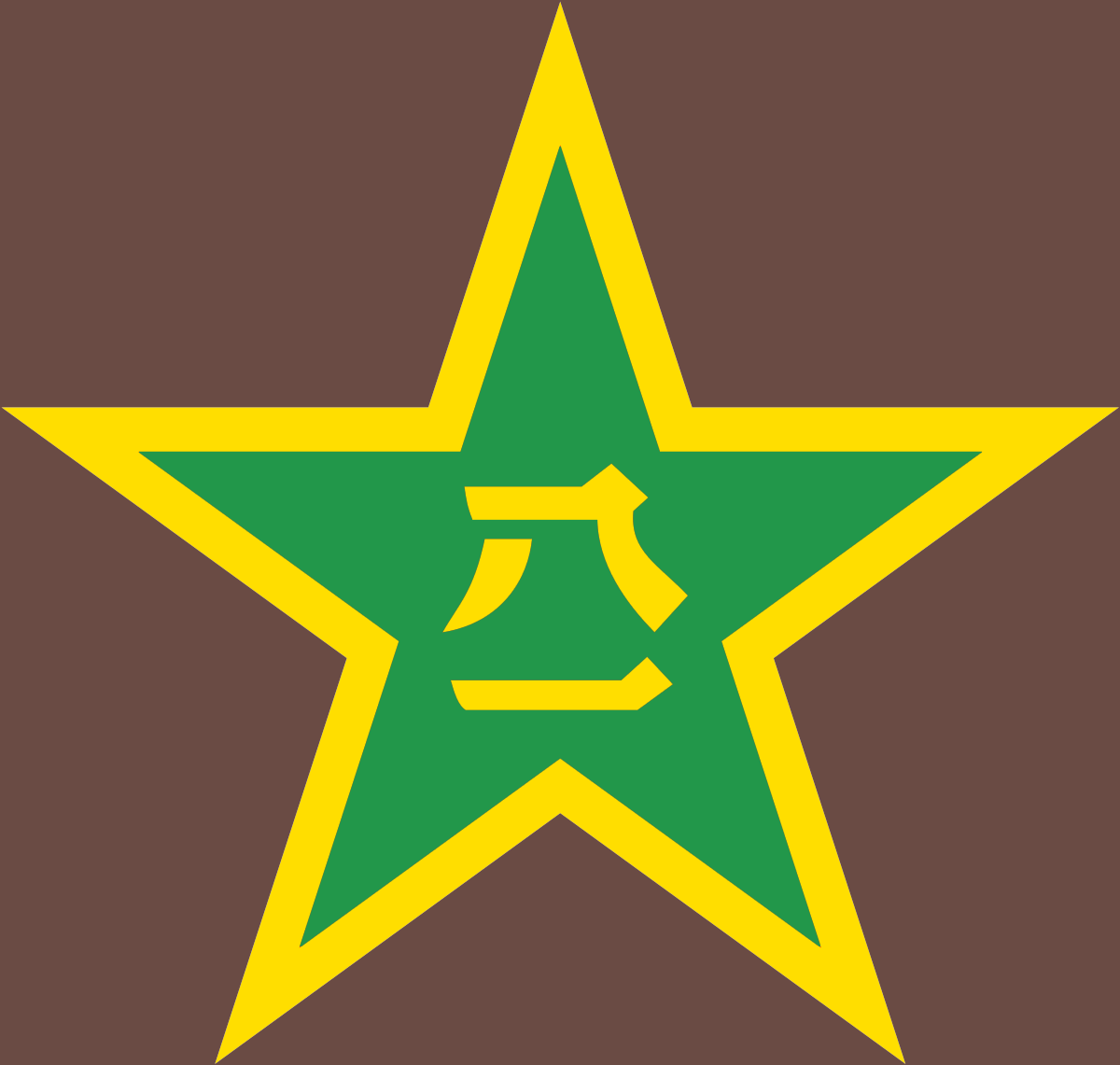All over the western world you hear about how horrible it was for Mao to destroy traditional Chinese culture and ways of thinking that existed for thousands of years. However I have to ask, did this traditional culture help them in establishing socialism? It definitely did not help them or work in a neutral way either. The people of China saw that their ways of life were anti-proletarian and dealt with them accordingly. The cultural revolution was something that should be emulated across the entire western world where old ways of thinking and cultural attitudes that do not serve the working class need to be forcefully destroyed. This was done not only through the destruction of statues, books, and other media put out by class enemies. There were also more peaceful ways of culture change such as changing street names or the names of establishments and buildings. During this time, rightism was absolutely demolished and many class enemies fled to America during this time.
When I hear people say things about China being wrong for the cultural revolution, it shows me that they do not know or do not care how oppressive social norms and class society in Asia can be. In India which the liberals see as such a spiritual and holy place, they literally practice a caste system. In Tibet they had Slavery until Mao came and freed them. Even in South Korea and Japan today the bourgeoisie have a social power and control that echoes feudalism. If you think I am insane, go and research how the Chaebol kids in Korea behave in their society and how every person in Korea is expected to bend over backwards to accommodate the tantrums of rich and entitled children because their families literally own the nation’s economy. When you compare the conditions of China to the other countries in Asia, you begin to realize they would also be a lot better off if they destroyed bourgeois culture, ideologies, and struck absolute terror into the hearts of their oppressors.


An interview with Deng Xiaoping in 1980